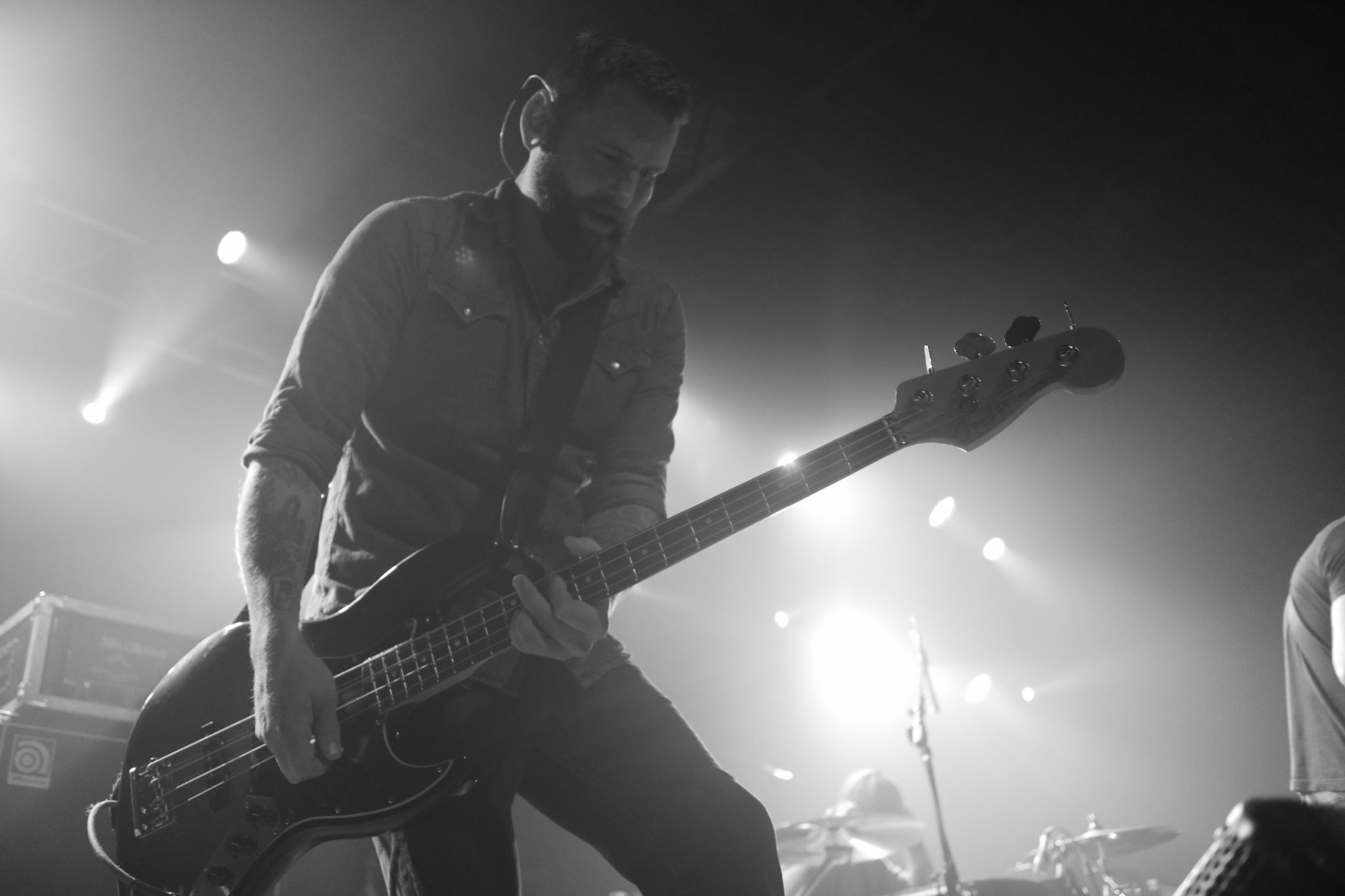I became friends with the guys in Tides of Man when on tour with Ranges last October. The two bands shared three dates on tour, as well as both playing the inaugural dunk!USA festival in Vermont. The day that I really got to know the guys in Tides was in Clifton, NJ. We got to the venue with plenty of time to spare, so after loading our gear into the venue we went on an adventure, exploring some nearby drains nicknamed “Gates of Hell”. Nothing like a shared adventure to help form a friendship!
That night I got locked backstage while the band played. It was during that set that I realised just how good the band was. I was already a Tides of Man fan based off their album Young and Courageous, but being able to watch them play that night, and the few nights that followed, added to my appreciation of the band.
I’ve been eagerly awaiting this new album since then. I was lucky enough to hear some of the new tracks played live in America, and again at dunk!festival in Belgium this May, so I knew that the record was going to be great.

Technically, this record is excellent. Most of the guys moonlight as sessions musicians, so are clearly adept at their craft and know their way around a studio. Not to mention that they have already released three other albums with which they could refine their sound and gel as a group.
I’ve listened to Every Nothing on heavy rotation for a month now. It’s an album that ages with time. With Every Nothing they’re trying new sounds, new textures, new feelings. And it’s stunning.
Most people’s first introduction to the album will be through the track “Static Hymn”, seeing as it is both the first single, and first track on the album. It warmly beckons us in, enveloping us with swirling haze. There’s a lot going on without it sounding overly busy. At 2.40 the music launches into blast beats and drill picking, melding a new hybrid of sounds that I’m going to nickname hope thrash – both intense and inviting.
Exploring sonic textural possibilities has paid off, because Every Nothing sounds so warm! They paint moody atmosphere with every masterful stroke. I can’t wait to get a copy on vinyl to hear it in its full glory.
It must be mentioned that Alan Jaye is a brilliant bass player. He dials his tones in – from the in-you-face intro of “Everything Is Fine, Everyone Is Happy”, to the spacey feel of “Outside Ourselves”. The solo bass during the drop out of “Waxwing” hits the spot so well.
His rhythmic counterpart Josh Gould matches him with talent and diversity, with plenty of interesting moments like the distant percussion outro in “Mercury Fields”, the open/close hi-hat playing in “Mosaic”. One hang up I have is that Josh’s drum tones could cut through more at times when his bright washy cymbals dominate the mix. I can’t fault his playing, I would just like to hear it more clearly in certain sections.
Possibly the best example of this Josh’s playing can be found in “Outside Ourselves”. Saturated with feeling, and offering sweet melodies, it is one the leviathan tracks on the album. Josh shows off his chops with prog drumming, playing around the beat with subtle finesse.

“New Futures” is one of the standout tracks, boasting powerful drumming and defined guitar playing. I dig this articulate sound, picking up Lost In The Riots kind of vibes. Josh brings us in on drums, with crisp rapping on the rims and alternate sticking on the hi-hats. The guitars come in looped layers of delay.
I hear a new side of the band in piano ballad “Far Off”. Solemn, ghostly and ambient, it’s a song with strong gravitas. And, going off on a wild tangent: what do we hear in the background at 1.19 mark? A child shouting something?
The This Will Destroy You influences are noticeable in “Death Is No Dread Enemy”. It’s hard to tell how much is digital or analogue within the mix, but there are certainly elements that sound electronic/triggered and offer fresh new textures and timbre. A brooding, searing piece that fluctuates between introspective and intense.
There are many brilliant moments to be found throughout Every Nothing. There are too many to list, but some of my favourite moments include during “Old 88″, when the sadness and longing explodes into something raw and defiant; The outro of “Keep Telling Yourself” with plucking sounds that mimic a lullaby music box; And the piece in “Waxwing” that transitions from harmonic riffing, to a bass solo, to everyone coming back in full force after the drop-out.

Strong emotions arise when I think of Tide of Man’s music. Being overwhelmed with joy when dancing along to “We Were Only Dreaming” every time I’ve seen them play it; Having raucous, carefree laughter as we drunkenly ‘sang’ the lead melody of “Young and Courageous” to some uninducted French Canadians in the back of a van after dunk!festival; Experiencing bittersweet sadness as Joey put on Young And Courageous in the tour van as we drove through New York state the day that our bands parted ways.
Every Nothing replicates these feelings, spanning the emotional spectrum as the band explores both the meaningfulness and monotony of life. Tender, mournful moments sit alongside intense elated explosions.
It’s a grower of an album, for sure. Bound to blow you away at first, but also rewarding you with new discovered intricacies upon repeated listens. There’s an undeniable homeliness to the record, being so warm, comforting and familiar. But even though it is settling, it also tugs you along on an epic adventure filled with exhilarating danger.
Order physical copies of Every Nothing from A Thousand Arms:
https://athousandarms.store/collections/tidesofman

Tides of Man links:
Facebook: https://www.facebook.com/tidesofman/
Bandcamp: https://tidesofman.bandcamp.com/
Twitter: https://twitter.com/tidesofman
Instagram: https://www.instagram.com/tidesofman/
Youtube: https://www.youtube.com/channel/UCGu5lp7dVJNbsYCEjN2Mk_A
Words and photos by Joseph James

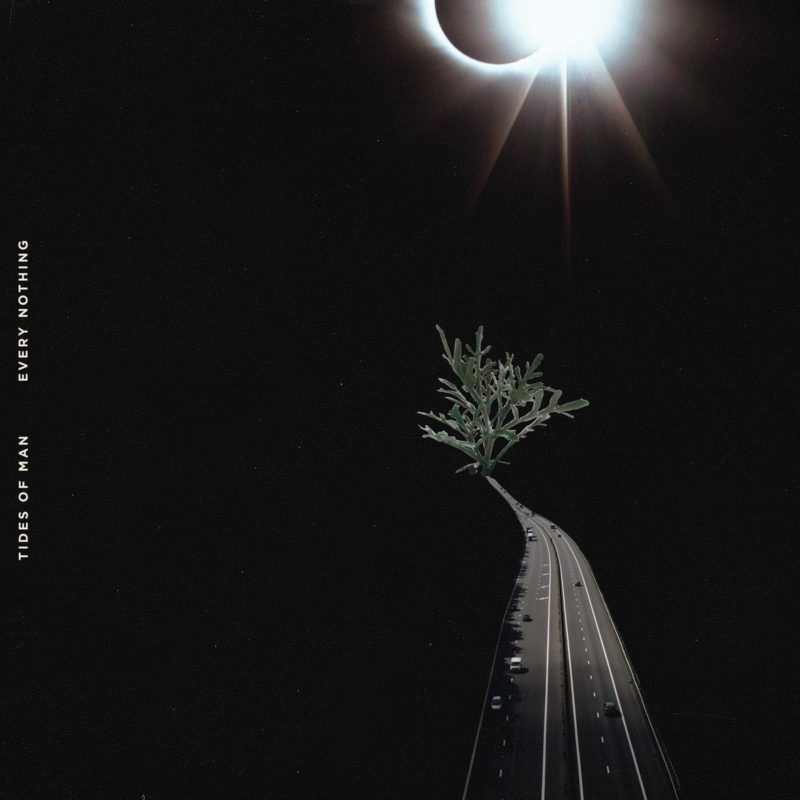
















































































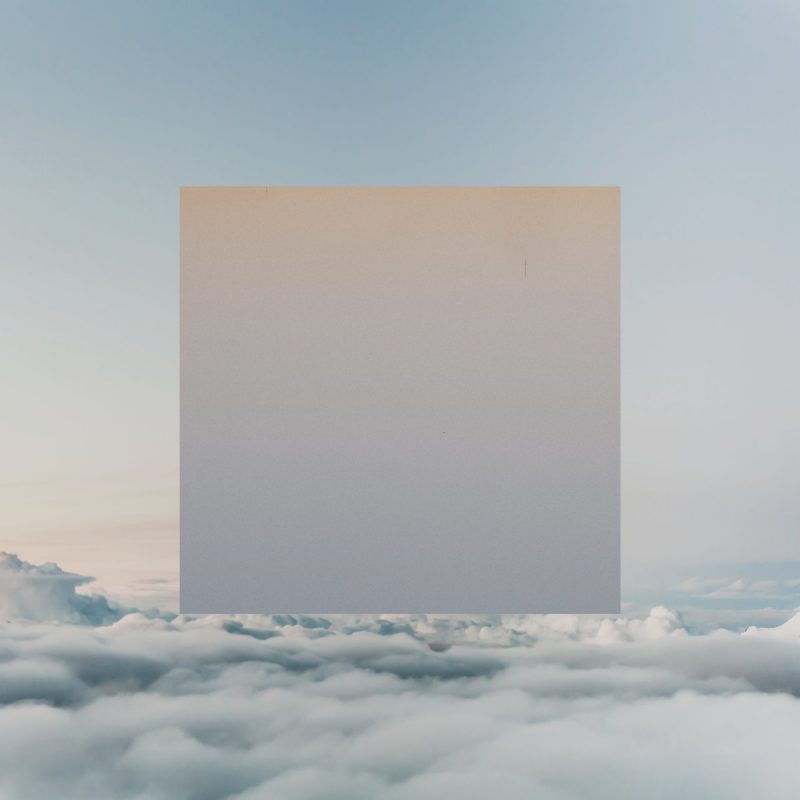


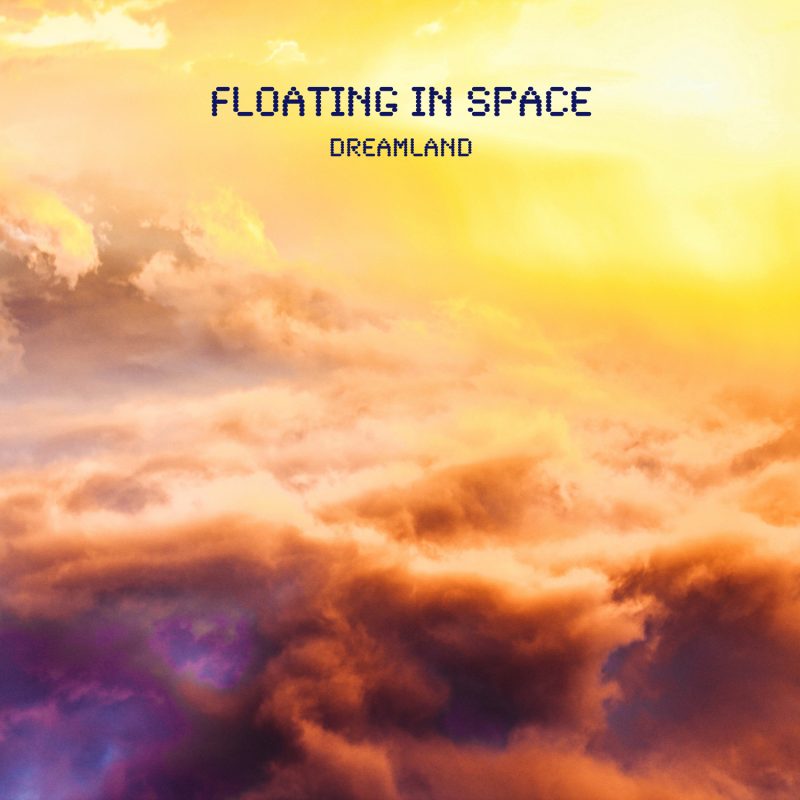

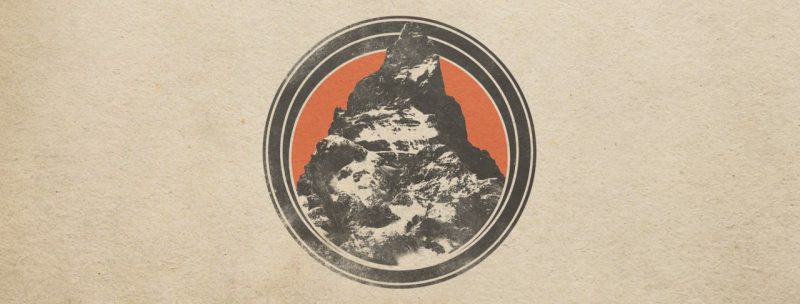

 When it comes to Ranges, the music is only a component of the overall package. Concept and delivery are also paramount.
When it comes to Ranges, the music is only a component of the overall package. Concept and delivery are also paramount.
